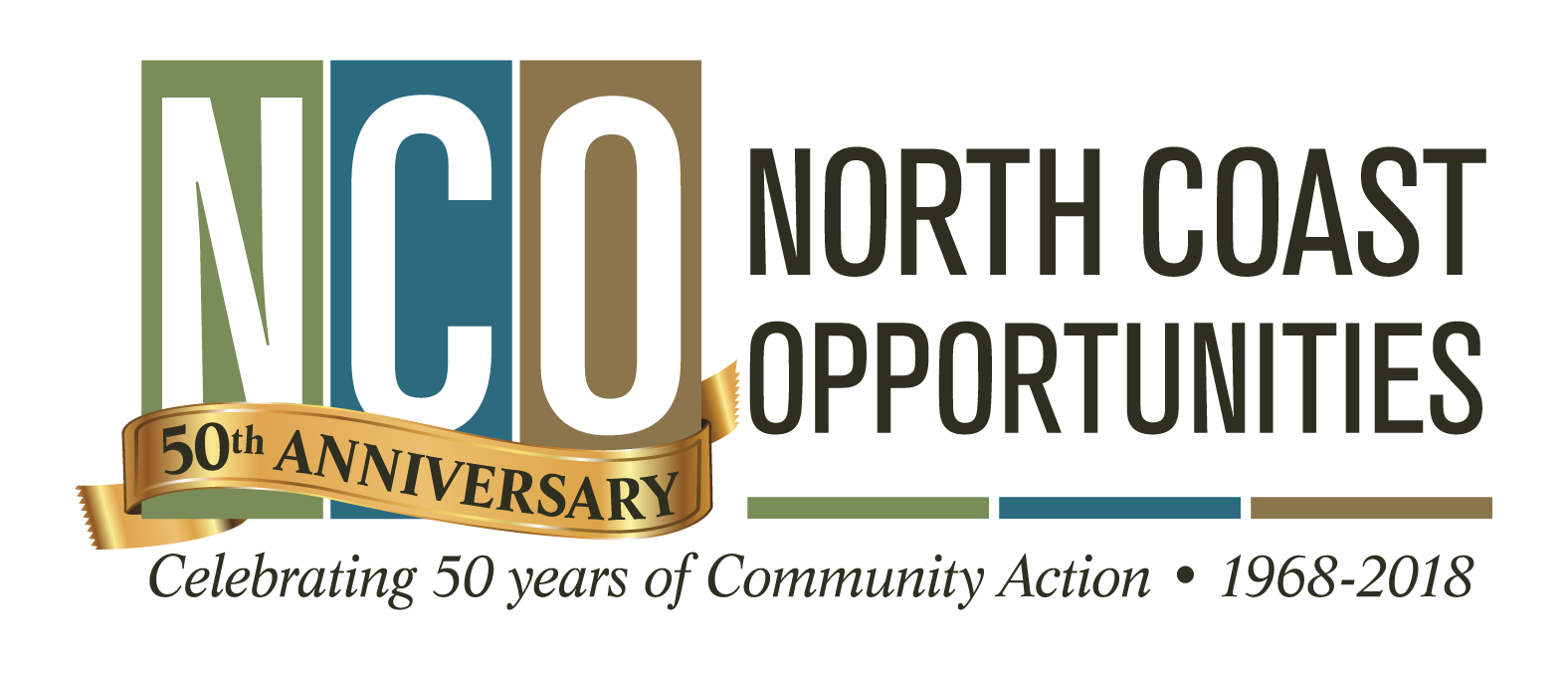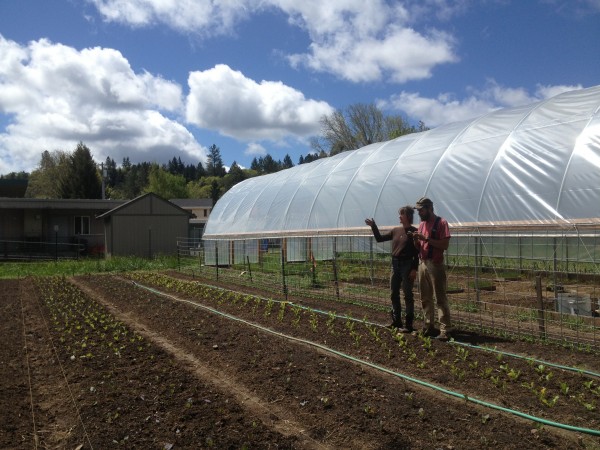Farmers Market Promotion Grant seeks to generate more income for local farmers
Tuesday, September 30, 2014
North Coast Opportunities (NCO) is pleased to announce it is the recipient of a $100,000 Farmers Market Promotion Program (FMPP) grant from the U.S. Department of Agriculture (USDA).
Agriculture Secretary Tom Vilsack announced all recipients on September 29, with funded projects totaling over $52 million in support of the growing organic industry and local and regional food systems. "Local and regional food systems are one of the pillars of our efforts to revitalize rural economies," said Secretary Vilsack. "Investing in local and regional food systems supports the livelihoods of farmers and ranchers, especially smaller operations, while strengthening economies in communities across the country. It also improves access to fresh, healthy food for millions of Americans."
FMPPs are annual investments in marketing and promotion activities for farmers markets, CSAs, and other direct producer-to-consumer outlets for local food. FMPP funding totaled $14.4 million across 183 projects in 2014. "These grants provide farmers and ranchers around the country with tools to reach consumers, strengthen ties between urban and rural communities, and help meet the growing demand for locally and regionally produced food," said USDA Agricultural Marketing Service (AMS) Administrator Anne Alonzo.
NCO will work with the Mendocino and Lake County Farmers Market Associations to implement the grant, titled the “Farmers Markets for All (FM4All) Project.” Its goals are to increase the number and variety of shoppers at local farmers markets, and to increase EBT (food stamp) sales and match purchases by building farmers markets’ capacity to implement market match programs.
According to Scott Cratty, Mendocino County Farmers Market Association President, “Many participants have told us that the boost from the matching funds is the only way they can provide fresh food to their families at the end of the month, so this program is incredibly important not only to our farmers but to our low-income community members as well.”
Farmers markets have become increasingly popular over the past decade, but they are primarily frequented by a narrow demographic of shoppers. Many people think of farmers markets as an expensive source of specialty produce, rather than as an affordable place to buy groceries. Furthermore, many families are not accustomed to cooking with fresh produce. Teaching people how to save at the farmers market – and how to cook that food once they get it home – will increase the number and variety of people who shop at the markets.
There’s a clear need for an increased customer base among local, small-scale farms, as most of the approximately 90 vendors at Lake and Mendocino County farmers markets are eking out a precarious existence. Only about one-third of local farmers earn more than $25,000 per year, with half earning annual farm incomes of less than $10,000 and more than half reporting a net loss in 2012 (51% in Lake County and 58% in Mendocino County). Mendocino County consumers spend $233 million buying food each year, and 99.5% of that food is produced outside the county. A local food economy assessment conducted in 2010 found that $20 million in new income would be generated each year if local consumers bought just 15% of their food from local farmers.
Some good news for small-scale farmers is that the tide is beginning to shift in the local food economy, and these grants aim to capitalize on the sea change. “It’s not what the USDA is doing, it’s what consumers are demanding,” says USDA AMS Deputy Transportation and Marketing Program Administrator Arthur Neal. “They want to know where their food is coming from and who produced it. We’re being supportive of new marketing opportunities for our agricultural producers.”
FMPP Coordinator Ian Fitzpatrick is optimistic that the grant can have a real and lasting impact on local farmers markets. “We know there’s demand for local food, and this grant will help us spread the word about where and how people can access that food.”
For more information on NCO, visit www.ncoinc.org or call (707) 467-3200.

